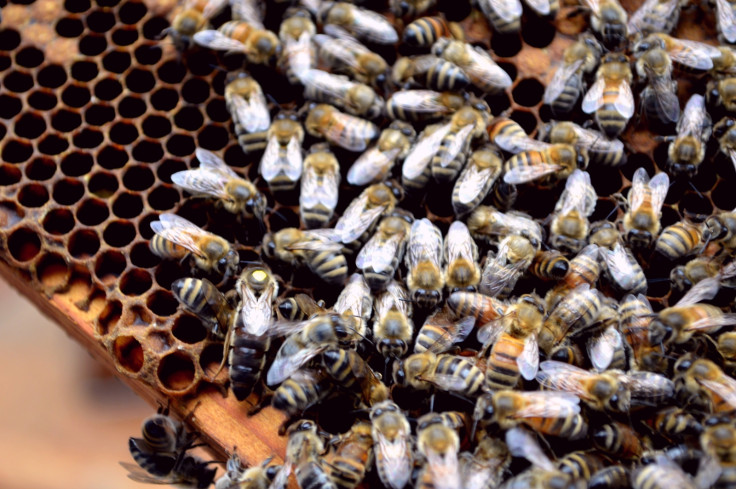Honeybee venom found effective in stopping growth of breast cancer cells.
Australian scientists used venom extracted from over 300 samples of honeybees and bumblebees to conduct the study
Honeybee venom has been found to kill aggressive breast cancer cells. Australian scientists conducting research at Harry Perkins Institute of Medical Research in Western Australia discovered the particular venom was found to have anti-cancer properties even for other types of cancer such as melanoma.
Their studies were published on Tuesday and can be viewed on peer-shared website journal Nature Precision Oncology.
The honeybee venom, which contains a compound called melittin, was used on two cancer types, triple-negative and HER2-enriched. These cancer types are notorious for their resistance in responding to treatment. The lab test proved to be an exciting discovery. However, scientists are still on the side of caution as their findings still require further testing.
Over 300 honeybees and bumblebees were extracted for venom where the honeybee sample extract proved to be extremely potent. A single concentrated dose of the venom was found to have the ability to kill cancer cells within an hour with very minimal harm to other healthy cells. However, other dosage levels showed increased toxicity in healthy cells.
Researchers found that the melittin compound when used on its own, was effective in throwing off growth of cancer cells. Melittin is a naturally occurring venom in honeybees but a synthetic version of it can be competently produced.
Triple-negative breast cancer is one of the most aggressive types of carcinoma and is linked to 10-15% of breast cancers. Surgery, radiotherapy and chemotherapy are typically used for treatment for the disease. Professor Peter Klinken, Western Australia's chief scientist said, "Significantly, this study demonstrates how melittin interferes with signalling pathways within breast cancer cells to reduce cell replication."
As much as the recent discovery has brought on excitement for the research team, they are still treading lightly on its possibility to be used as a cancer-fighting drug.
In a report from the BBC, Associate Professor Alex Swarbick from the Garvan Institute of Medical Research in Sydney described their discovery to still be in its very early days.
"Many compounds can kill a breast cancer cell in a dish or in a mouse. But there's a long way to go from those discoveries to something that can change clinical practice," he said.

© Copyright IBTimes 2025. All rights reserved.





















